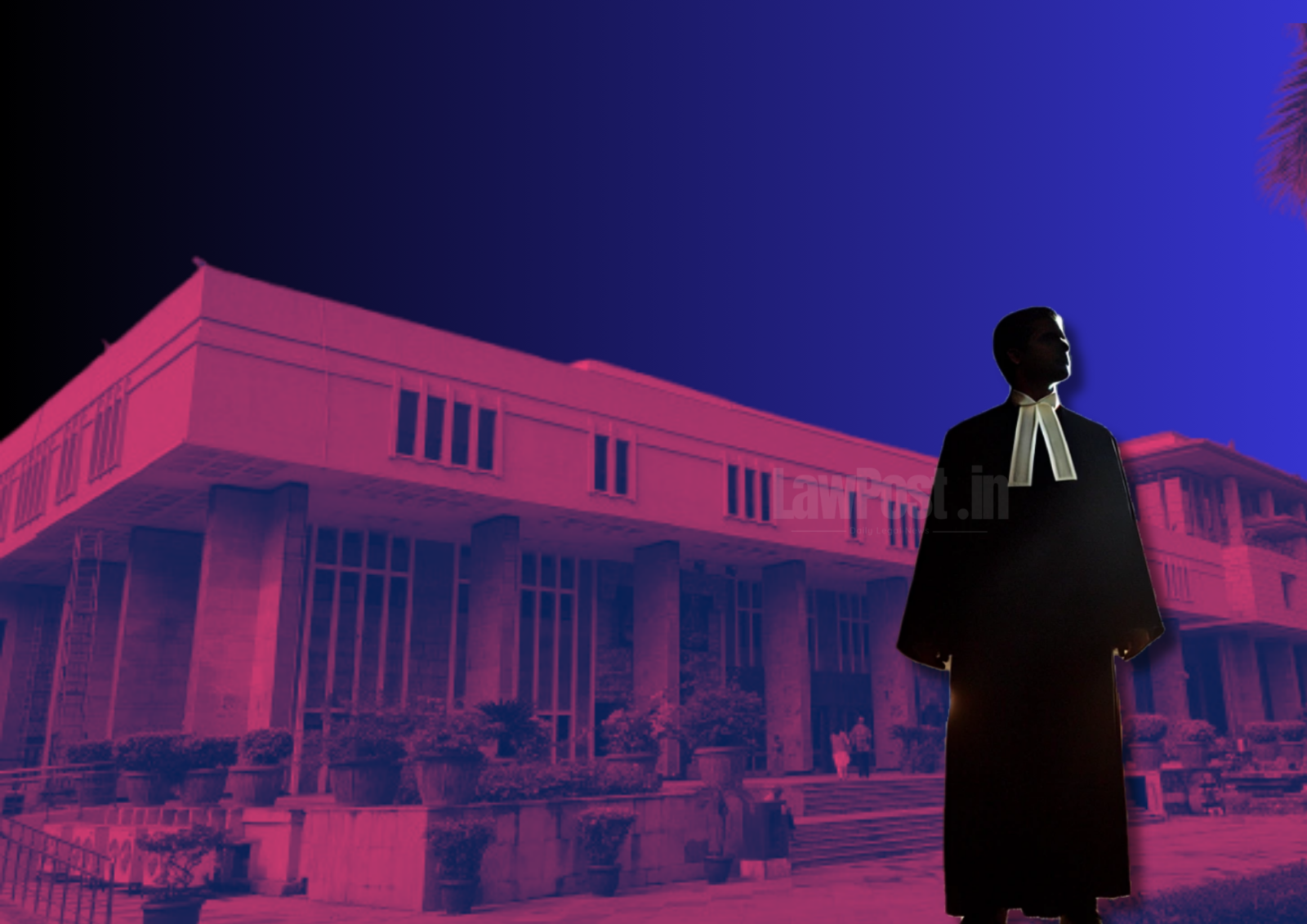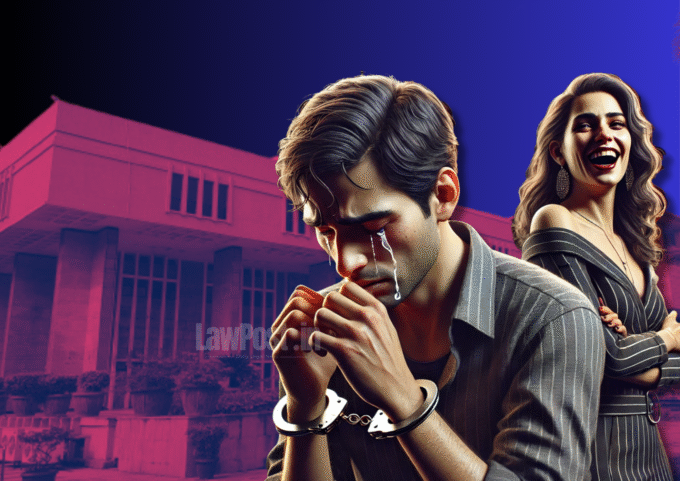The Delhi High Court has clarified that procedural lapses, such as citing an incorrect legal provision, are not fatal to a case as long as they do not cause prejudice to the opposing party or mislead the court. Justice Ravinder Dudeja, while hearing Rajeev Shukla Vs Gopal Krishna Shukla, stated that such errors are “curable defects.”
“Mentioning wrong Section of law in an application by a party is typically not considered ‘fatal’ to the case, provided the substance of the application is clear and no prejudice is caused to the opposite party or the court,” Justice Dudeja emphasized.
The case revolved around a suit for recovery of damages and permanent and mandatory injunction. The trial court had earlier dismissed the petitioner’s application for condonation of delay in filing a written statement, citing that it was filed under Section 151 of the Civil Procedure Code (CPC) instead of the Limitation Act. The trial court also struck off the petitioner’s defense.
Overruling the trial court’s decision, Justice Dudeja highlighted the importance of prioritizing substance over procedural technicalities. “The trial court should have focused on the content of the application rather than the technicalities of citing the incorrect Section. Procedural errors, including mentioning incorrect provision of law, should not override the substantive justice,” the High Court stated.
Justice Dudeja also stressed that courts have wide discretionary powers under Section 151 CPC to ensure justice is served. “The trial court should have considered the application on its merits, regardless of the provision under which it was filed,” he said.
The High Court directed the trial court to reconsider the petitioner’s application for condonation of delay and hear arguments afresh. This ruling reiterates the judiciary’s stance that procedural errors should not overshadow the ultimate goal of ensuring justice.
Case: Rajeev Shukla vs Gopal Krishna Shukla – Available on LAWFYI.IO








